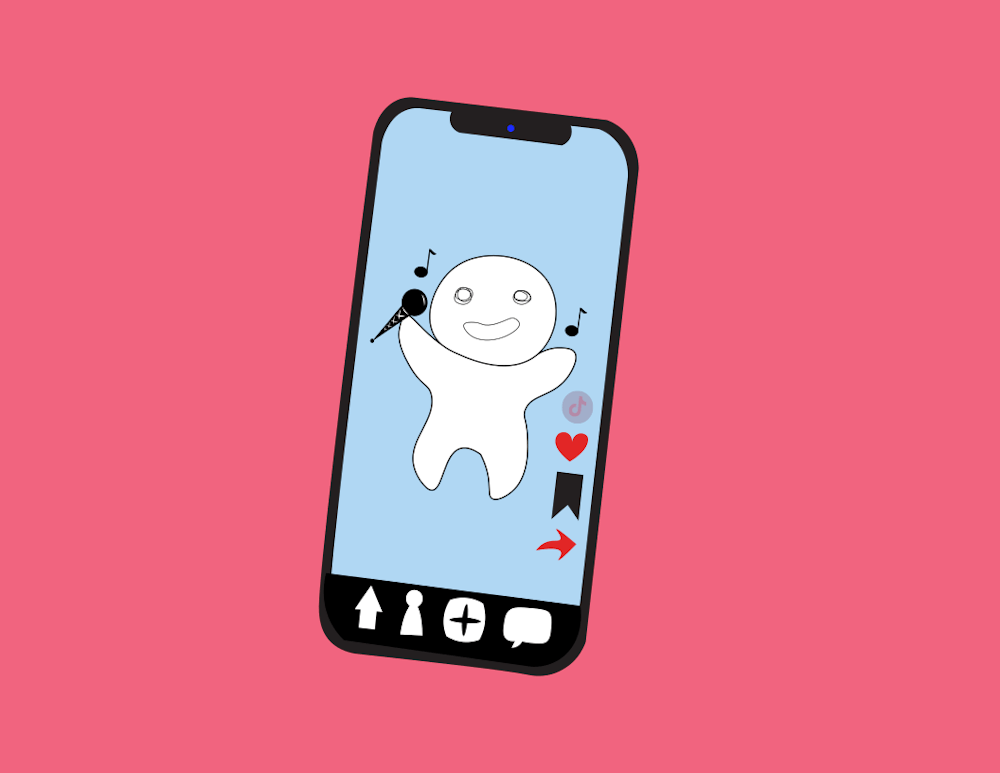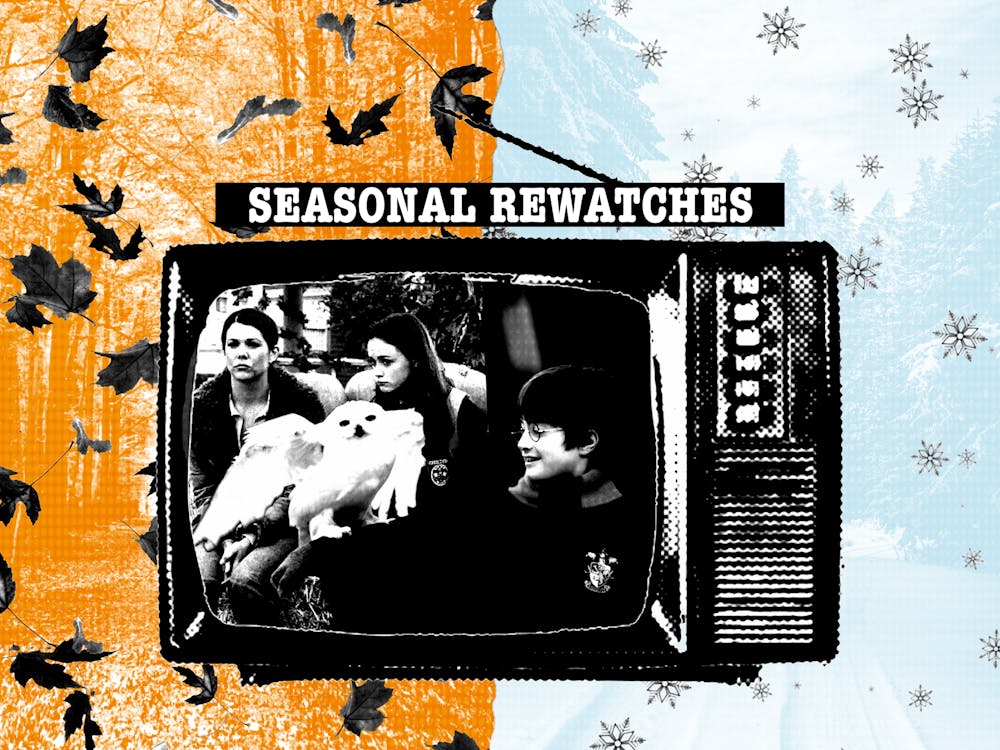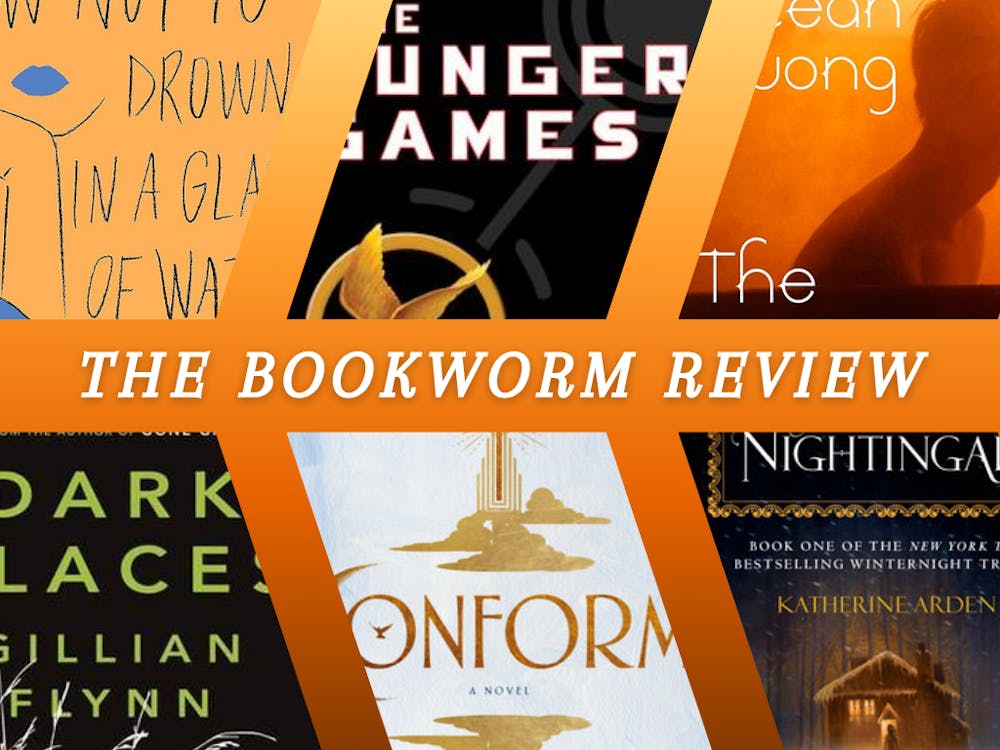Over the past seven years, TikTok has revolutionized the way we consume content. Originally called "Musical.ly," Tiktok has become a platform for anyone to gain a following, big or small.
However, the effects of TikTok gaining popularity are not entirely positive. TikTok may have given small artists a chance to share their music, but in the process, it’s changed popular music as we know it.
Here’s how Tik Tok songs blow up: A song with a catchy lyric or beat is brought to life in a video format. It doesn’t have to necessarily be lyrically cohesive or intelligent; the audio clip mainly must serve the purpose of sounding good to users.
Some clips sound so good that listeners take it upon themselves to either turn it into a dance or pair it with a scene from a film or show that matches the vibe of the song.
These clips often come in the form of a cliche line or nursery rhyme, such as “Mad at Disney” by Salem Llese or “Twinkle Twinkle Little Bitch” by Leah Kate.
In a pre-TikTok world, most popular songs would be structured verse-chorus-verse-chorus-bridge-chorus. But on TikTok, it’s Chorus-Verse-Chorus-Verse Chorus, and then repeat.
These changes mean that artists now have to be full-time content creators in addition to being legitimate musicians. Signing onto a record label comes with marketing and promotion, so now that TikTok is basically an essential part of advertisement, artists who don’t want to make eight shorts a week aren't given a lot of options.
While TikTok has given artists a place to promote their work without a label, those who are already signed onto a label are being pushed to make shorts to fit the new mold.
Some artists like Taylor Swift and Charlie Puth thrive in this landscape. Others don't. Halsey has spoken out about using the platform against her will. Yet with TikTok becoming such a popular outlet, labels treat it as a given.
Not too long ago, artists could have press and advertisement done for their work without having to always be there for it. Not all people who can sing and play an instrument are equally good at video editing, promotion, graphic design or photography.
That isn't to say artists never had involvement pre-TikTok. But now their involvement has been amplified. Big names such as Jojo, Adele, Gavin Mcgraw and Post Malone have spoken out about it.
Artists are also more prone to make music for the algorithm instead of using music as their creative outlet. For example, In an interview with Zane Lowe, Malone said, "It's just so hard for me to make something natural."
Enjoy what you're reading?
Signup for our newsletter
The Tiktok algorithm often picks similar-sounding hooks and audio that inevitably go viral, causing a homogenization of musical tastes. This algorithm may restrict the diversity of music that becomes mainstream on the app and consequently within the wider music industry.
People are almost writing with the hook as the main purpose. A song no longer has to necessarily be good, it just needs a 15-30 second clip that sounds nice and relatable for a certain prompt and/or dance. Artists are songwriting to sell a product rather than to make the art they really like.
When TikTok users claim to want the full version of an original audio, a lot of viewers really just want the same clip on loop without getting tired of it. The hook of a song shouldn’t be the sole appeal when a song is multifaceted depending on the story or topic within the tune.
If people enjoy songs made for TikTok, it’s not a bad thing. But the general public deserves better, more lyrically intelligent and sonically pleasing songs. Real, authentic and good music is poetry put into the form of a song, and if the people still want that, more should be demanded than nursery rhymes and generic beats put together.




